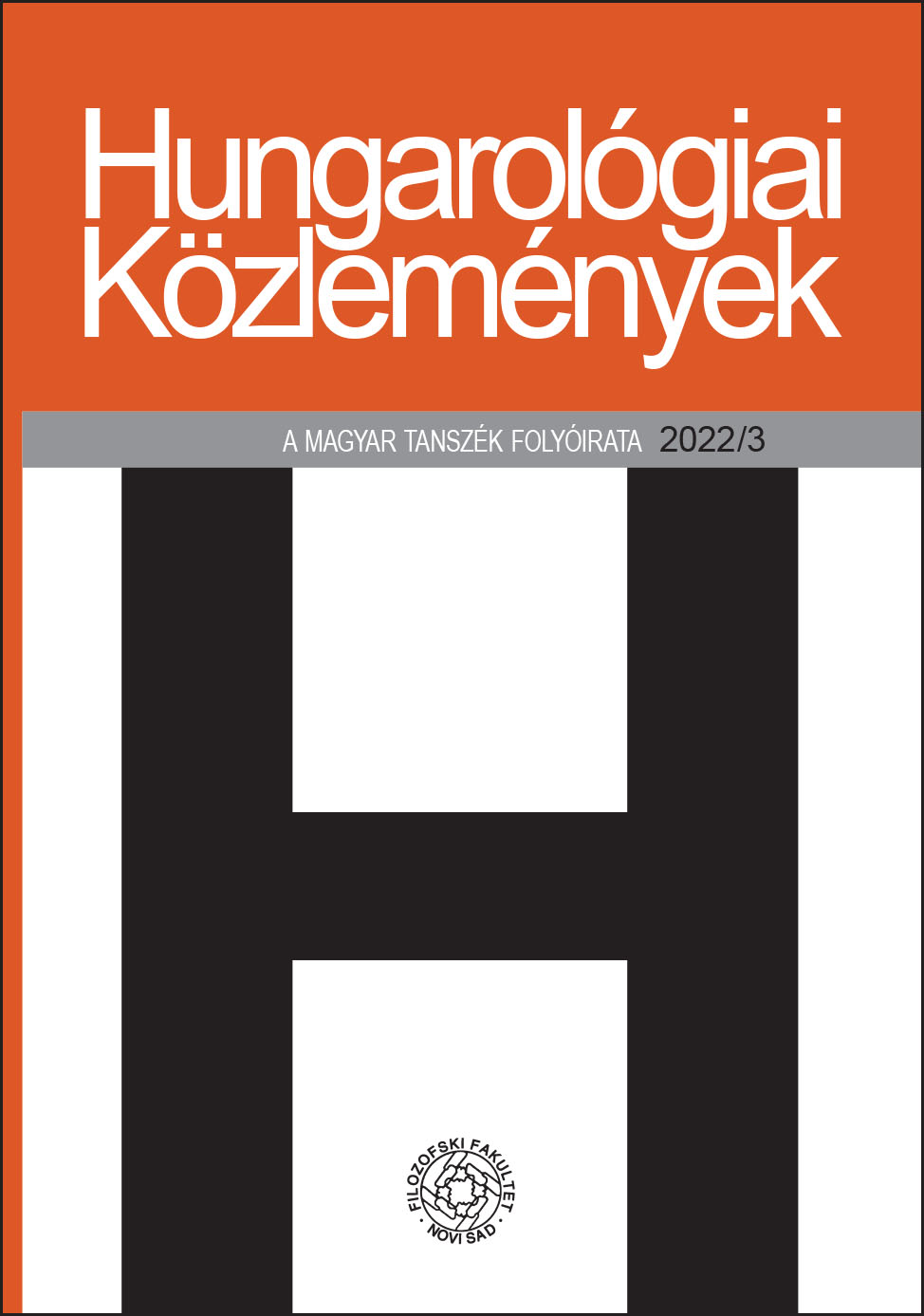Tabuizálás mint a frazeológiai változás forrása
Tabooization as a source of phraseological change
Author(s): Tamás ForgácsSubject(s): Language studies, Phraseology
Published by: Филозофски факултет, Универзитет у Новом Саду
Keywords: historical phraseology; phrazeologization; language taboos; language change
Summary/Abstract: Language taboos often trigger the emergence of phraseological units. Metaphoric expressions primarily circumvent the taboos of fear, delicacy or propriety as in the euphemistic expressions related to death, sexuality, drunkenness, etc. (e.g. close one’s eyes forever, stand before the judgement seat of the Lord; Hung. lenyom egy gyors numerát ‘have a quickie’ [lit. push a quick number], sleep with somebody; look at the bottom of the glass, take one’s drops, etc.). However, tabooization does not only happen via metaphoric euphemisms. Elliptic expressions may also be used euphemistically (e.g. Ger. oben ohne, Hung. felül semmi ‘topless’ [lit. nothing on top], Nyald ki! ‘lick it’, Kapsz egyet! ‘you’ll get one’, etc.). Elliptic omissions are also found in several greeting forms, where conventionalized omissions advance phrazeologization. Tabooization may accompany both primary and secondary phraseologizations. In the latter case, new expressions arise from the modifications of already existing phraseologisms, including the tabooizing elements (cf. e.g. Hung. Ki kell mennem a WC-re ‘I need to go to the toilet’ → Ki kell mennem) or replacing certain components with acceptable ones (cf. e.g. knee deep in shit → knee deep in trouble).
Journal: Hungarológiai Közlemények
- Issue Year: 23/2022
- Issue No: 3
- Page Range: 13-24
- Page Count: 12
- Language: Hungarian

